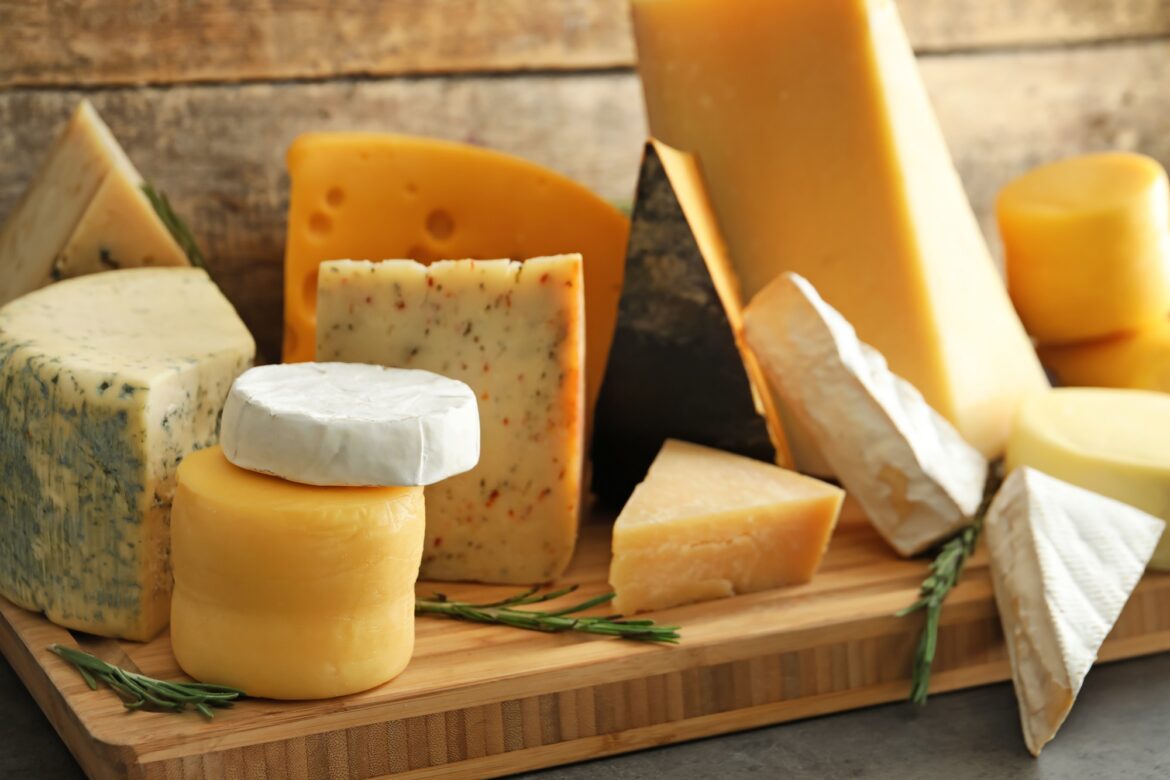A new study has revealed that dairy cheese is a major cause of carbon emissions.
The life cycle evaluation used to determine environmental impacts, including indicators for climate impact and land use, has revealed that people switching to plantbased cheese could lower their associated climate impact by at least 50 per cent.
Popular dairy cheese varieties such as cheddar, mozzarella, feta and parmesan yield between 6.4kg and 13.4kg carbon dioxide (eq) per kilo over their life cycle, according to sustainability consultancy, Quantis.
By comparison, the climate impacts of Violife vegan alternatives to dairy cheese are substantially lower and create at least 3.7kg less carbon dioxide per kilo, the equivalent of driving a car almost seven miles.
The findings come as a survey of 2,000 adults revealed that while many show an interest in the impact of cheese production on the environment, one in three admit they don’t understand how greenhouse gas emissions and food production are linked.
Research by the World Economic Forum shows dairy cheese is one of the largest greenhouse gas generators behind beef and lamb, placing it ahead of pork, chicken and eggs, but only 26 per cent those surveyed ranked it as one of the most carbon-intensive foods.
Sally Smith, Director of Sustainability at Upfield, owner of Violife, commented: “There’s a clear appetite among the public for more information about what we eat and how it affects the planet, but the environmental impact of dairy often slips under the radar. Our research found if an average UK household of four switched from dairy cheese to Violife vegan alternative cheese for a year, they could save the equivalent CO2 emissions as they would driving a car 173 miles – roughly
the same distance as London to Sheffield.
“Studies show what we eat can reduce our impact on our planet by making a simple switch from dairy cheese. Those wanting to reduce their carbon footprint now have a wider range of delicious, natural plant-based alternatives than ever. This means people can make the change from dairy cheese with minimal effort, without sacrificing what we enjoy eating
and cooking with.”




